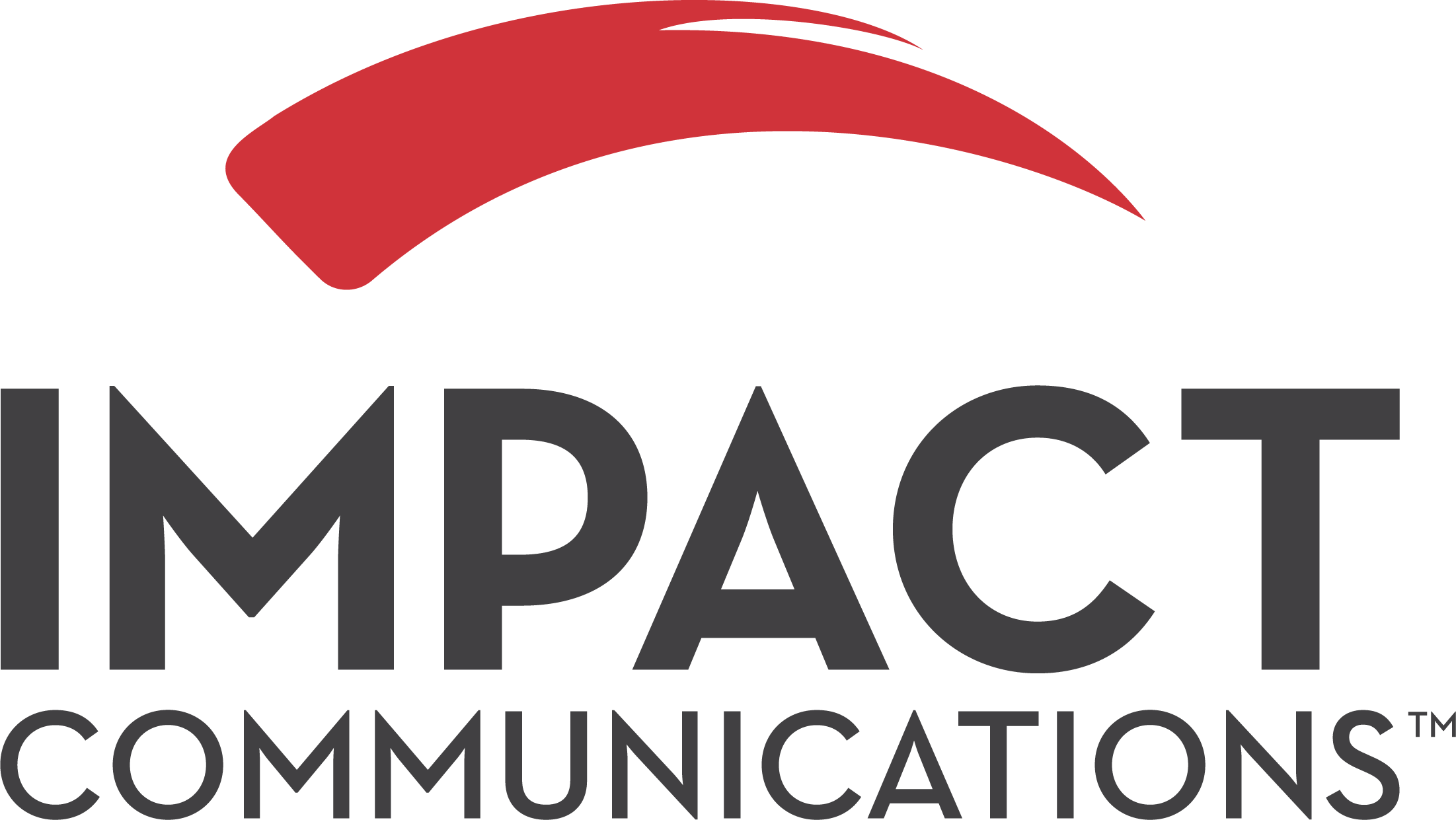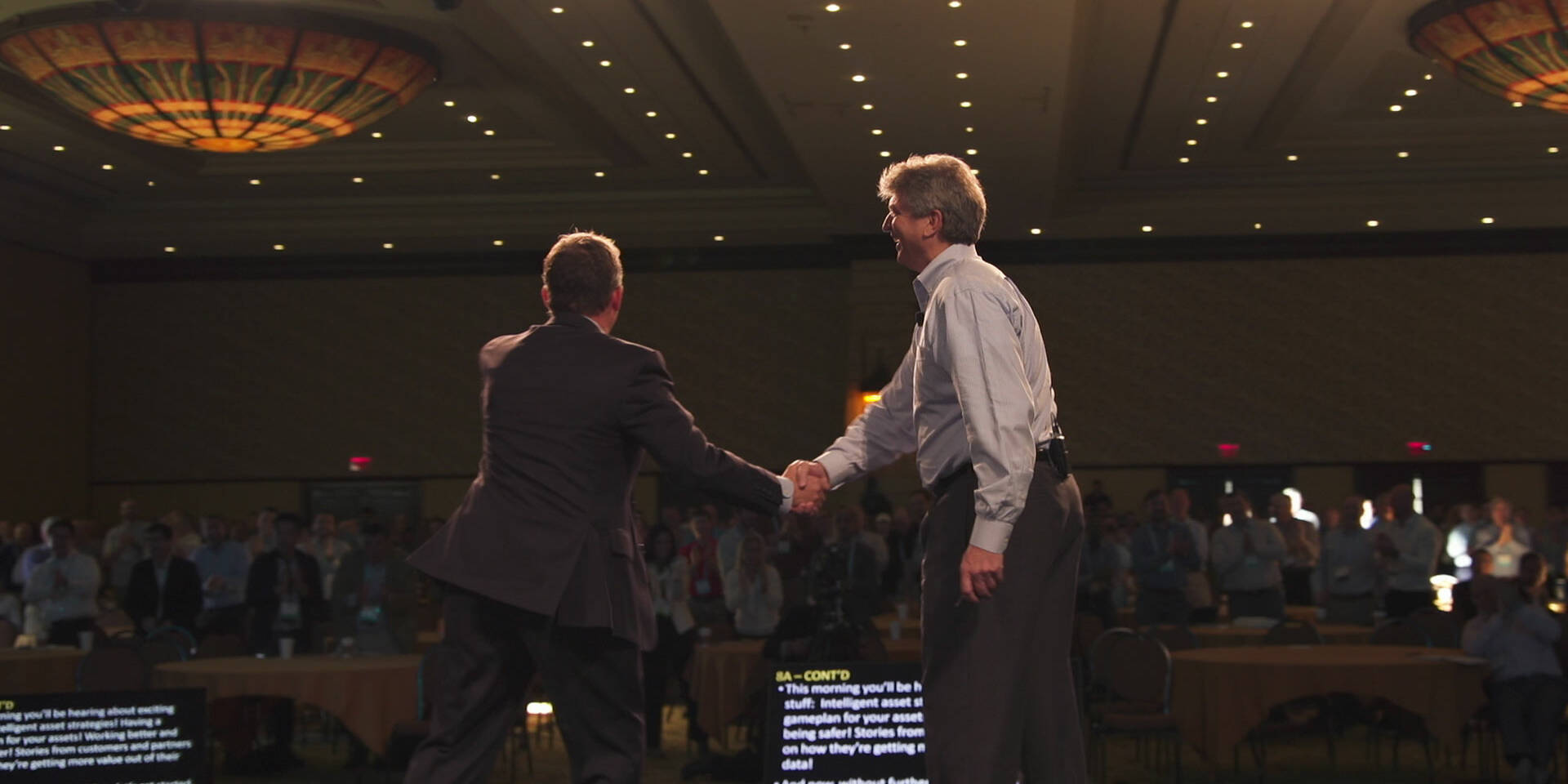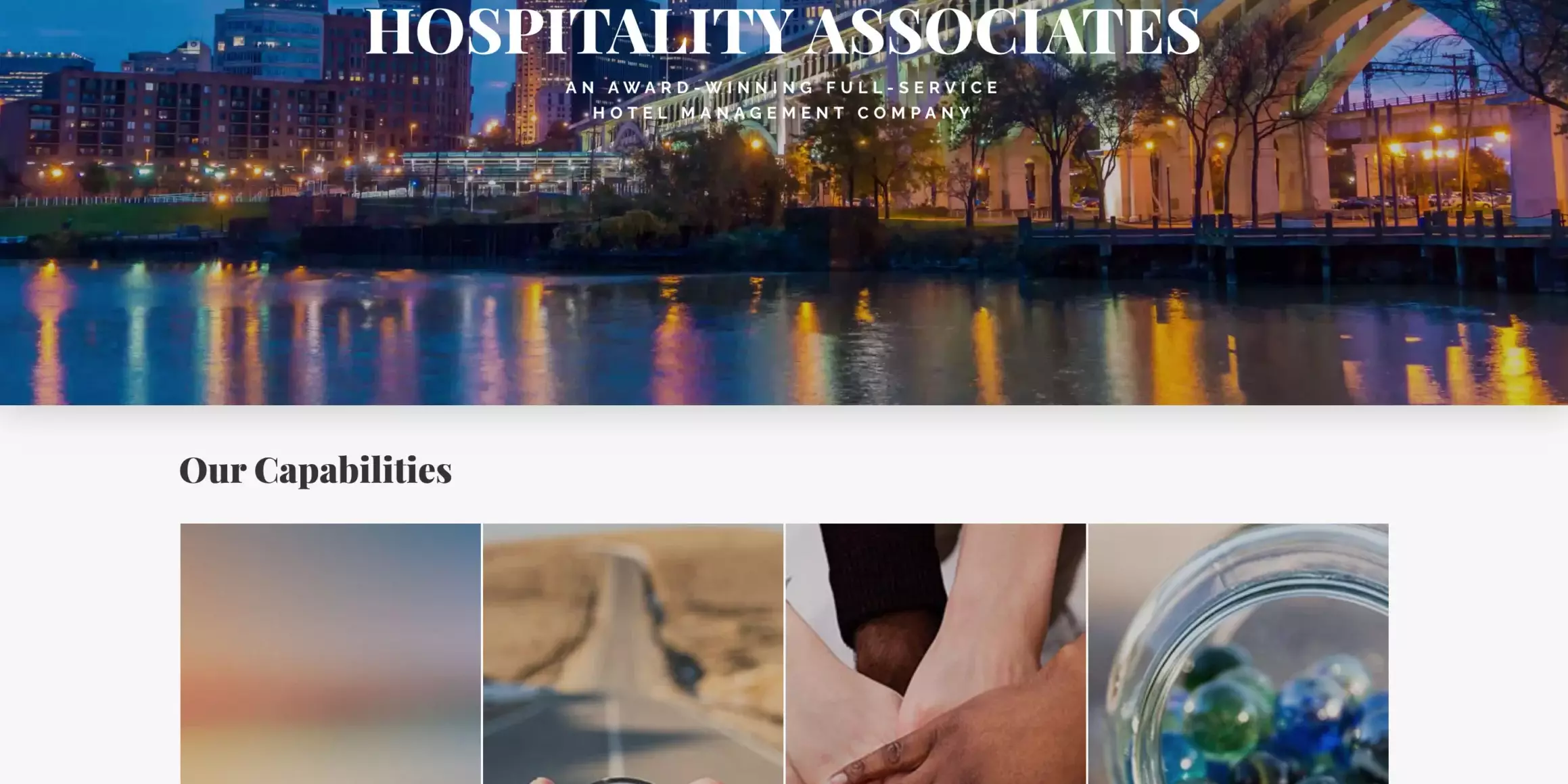If you’re an average working person, you will have spent 90,000 hours at work over your lifetime. Don’t you think you’ve earned a break every now and then? So why do 55% of working Americans not use all of their paid time off? Or pepper their vacation time with compulsive checks of their work e-mails/voicemails/group chats? Clearly, this isn’t what a vacation is intended to be.
Vacation time – taking time off – is healthy – mentally and physically. Study after study supports and concludes that time removed from the demands of the work environment is restorative. Taking vacation time lowers stress levels, decreases your risk of heart disease, elevates your well-being, boosts your job performance and heightens your relationships with family, friends coworkers and – with yourself.
What do so many people have against taking vacation time? The Center for Economic and Policy Research has gone so far as to call the U.S. the “No Vacation Nation.” Workaholic tendencies are prevalent among American workers. Some fear that their absence would mean missing out on important decisions being made at the company. Others are concerned that they’ll be viewed as replaceable if they’re away and relaxing. Even more sweat the company going out of business without them being there to save it from destruction.
There was a time when refusing to take a vacation was looked upon with admiration, making the employee appear heroically devoted to his or her job. Even after the pandemic, when millions of workers experienced an epiphany about the value of embracing down time, an overwhelming majority of U.S. employees still canceled or amended their vacation plans.
While some employers avoid openly discussing vacation and its benefits, others have recognized what’s in it for them. A rested employee is a more productive employee whose performance levels measurably increase after time away from the job. That’s incentive enough for employers to encourage their teams to take quality time off. Not to mention the research that indicates a spike in stroke and heart attack risks for individuals who might be working 55 hours or more a week and there are plenty of people out there hustling at that pace. Time off saves lives.
Here are more benefits to vacationing …
Increased mindfulness – whether traveling halfway around the world or staying at home, a break from routine forces people to shut off autopilot and actively think.
Improved heart health – there is a spectrum of health issues that can be avoided by stepping away from the job, taking advantage of all earned vacation time.
Improved sleep – time away silences sleep interrupters like late nights at the computer or checking your phone before bed. Discipline yourself to do neither and you will enjoy the benefits of a restful night and day ahead.
Improved mental health – reduce your anxiety levels and boost your brain power by putting work aside. You’ll return with a healthier attitude and maybe some great stories to share with your coworkers.
What are you waiting for? Write that Out of Office Reply! Even if your vacation only takes you to the wilds of your backyard, it’s a trip that could improve the quality of your life. Trust me, the company in all its stress-inducing glory will still be there when you get back.
Related Posts
June 12, 2024
Why Rehearsals are Important
A lot of time and thought goes into building a powerful presentation.…
April 20, 2023
Six Benefits of Refreshing Your Website
As your company continues to evolve, your website must represent your latest…
February 7, 2023
Traveling Exhibits with Online Content
If you are a museum or organization looking for a cost-effective traveling…




